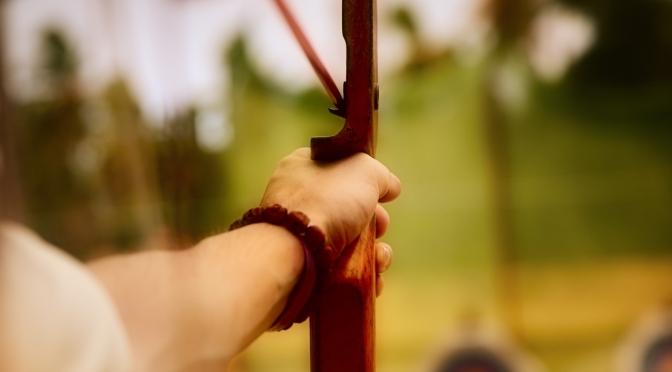Here’s a write-up of the session we had on 7 Sep 2014.
- Like plants and birds who have a life, purpose and gifts which are growing within them, our kids also have this same unique life, gifts, and purpose growing within them. While we push them to do their best, do we at the same time recognize these uniqueness in each of them and nourish each accordingly. Or do we adopt a cookie cutter approach that often brings the expectations of the world or our own expectations onto our kids, which may stifle life or even kill it. Plants can die or birds cease to fly if we are not careful. Reference – the boy Jesus in the temple where Jesus himself was growing into his own Divinity. Mary and Joseph did not understand what Jesus was saying to them when he said “why are you searching for me, don’t you know I need to be in my Father’s house” and in a sense, they had to die to their earthly idea of who their little boy was. What do we need to die to in terms of our own earthly expectations of our children which may not nourish their life, gifts and purpose; or which may even stifle or kill it?
- Two questions which are often very different are “what do we want for our kids?” Versus “what do our kids really want or need from us?”. It’s sometimes a similar tension between doing and being, or achieving and relationship, respectively. We often do more of the former, when most times our kids just want to find a connection or relationship with us. The passage Let the children come to me speaks to this, where the disciples were more concerned about the important things that Jesus needed to do or achieve, like healing the sick or establishing the Kingdom, but Jesus had other ideas…He says “let the children come to me, do not stop them for to these (children) belong the kingdom of God”. Which do we worry or care more about?
- Our kids also need us to be Father Heart of God to them, both when they screw up and not only because they have achieved. Both circumstances have opportunity to show them that we love them unconditionally. We still need to discipline, but Loving the sinner and Hating the sin can be separate matters. And we need to be careful not to only affirm or recognize them only when they score well in school or do well in sports. Otherwise, from young they learn that they need to continually perform or achieve, just to feel they have some worth in themselves. They will find it very hard to rest in God. They need to learn they are loved because each is our son or daughter. A voice comes from the clouds saying “This is my Son my beloved, in whom I am well pleased” speaks to this.
- Our children do not belong to us, and we are merely stewards, our responsibility is to bring them up in wisdom and stature, in favor with God and Man. The order of this is important, as it’s so much easier to find favor with Man first, and maybe with God as an after thought, or just a religious thing to do. Going for mass, catechism, and family prayers may only bring our kids to a Sunday catholic level. They need more…and that is where the connection and relationship with role models (parents, aunties, uncles, friends, community) is key. Then they begin to really “see” Faith in action, not just words and grow to to truly know and love God, and want to do His will. And they need to know that they can be totally themselves before the world, their parents, warts and all, and still be loved…even if the expectations of discipline, studies, fitting in are still there….in a sense, they don’t need to try so hard for them to be liked or loved, especially by us their parents. Then the Father Heart of God becomes more real to them. The song “Try” by Colbie Calliet speaks to this. It may need to start with ourselves first as parents or aunts. Are we able to rest in the Heart of our Father, as we are, and know we are loved with all our brokenness, hang ups, and guilt? To the extent that we are able to, will we be able to be more Father Heart of God to our own kids.
- We are merely the stable bow in the hands of the Archer. Our kids are the arrow that He shoots wherever he wills. Can we trust God more with our kids? See Khalil Gibran writings on Our Children.
by PTAN & YP
